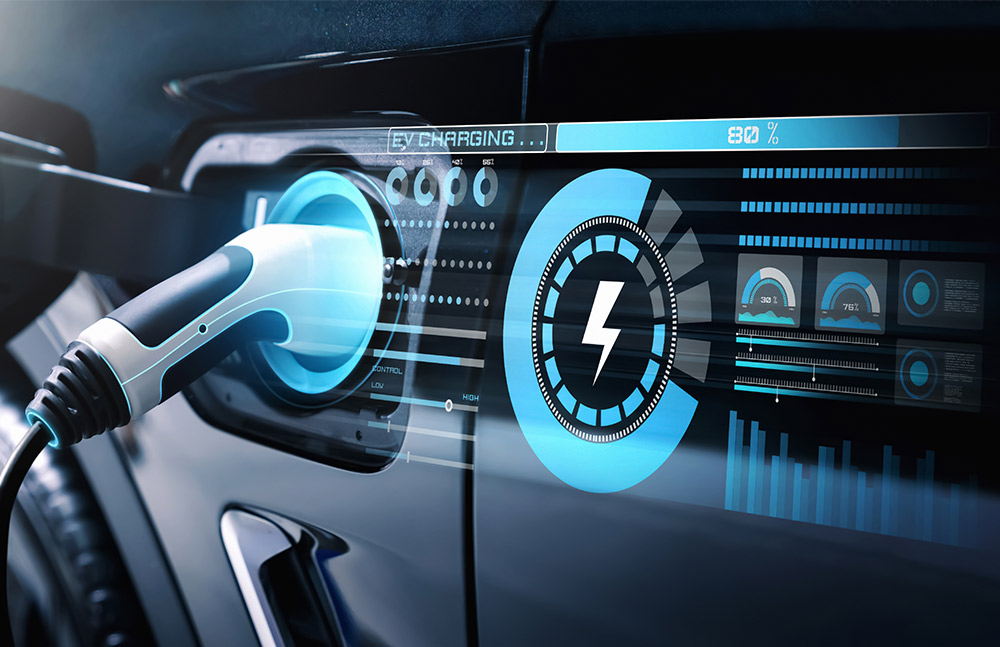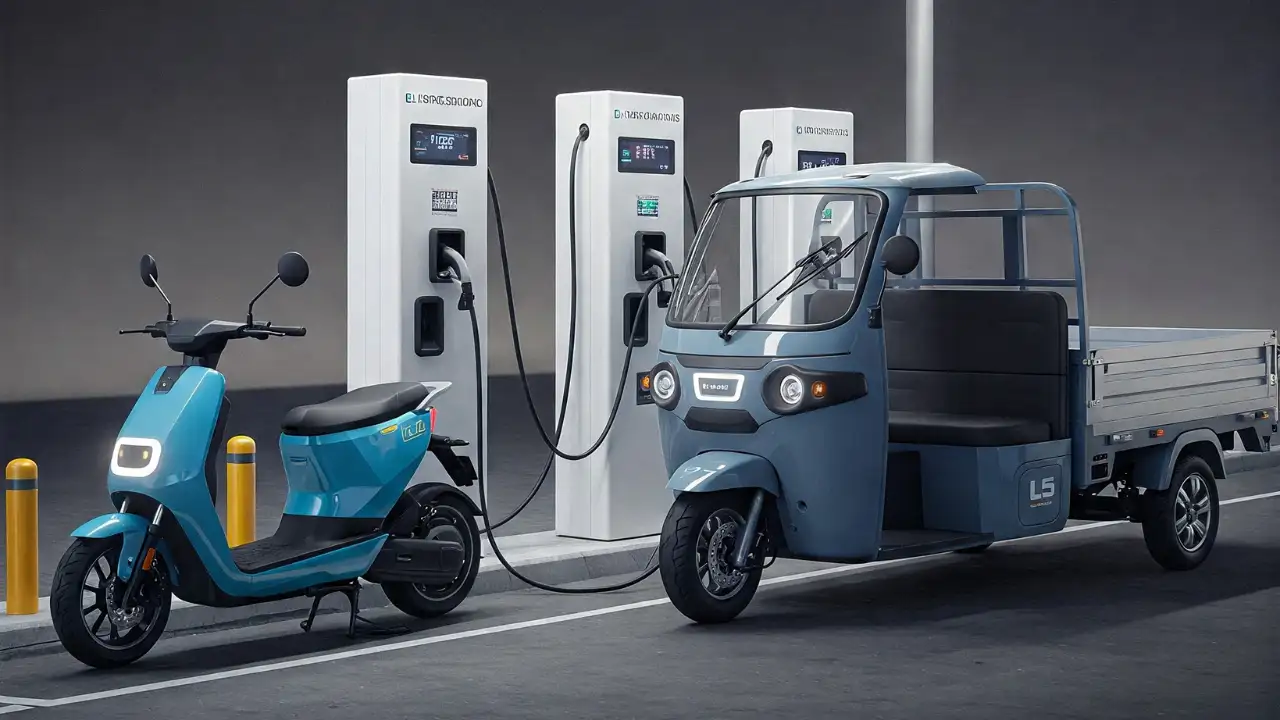
Table of Content
▼- India’s EV Sales Momentum in FY25
- Key Growth Drivers
- Segment-Wise EV Performance
- Electric Two-Wheelers
- Electric Three-Wheelers
- Passenger and Commercial EVs
- Government’s Role in Accelerating EV Adoption
- A Dual Transformation for the Auto Industry
- Challenges on the Road Ahead
- What This Means for Consumers
- Conclusion
India’s automotive industry has reached a landmark achievement. The Union Minister for Heavy Industries and Steel, H. D. Kumaraswamy, announced that the country sold over one million electric vehicles (EVs) in FY25, positioning India as one of the fastest-growing electric mobility markets globally.
This milestone is more than just a number, it signifies the rapid transformation of India’s mobility landscape, fueled by policy support, rising consumer awareness, and an industry-wide push toward sustainable technologies.
India’s EV Sales Momentum in FY25
The latest sales data reflects how quickly India’s EV market is maturing.
- Total EV sales: Crossed 1 million units
- Electric two-wheelers: 21% year-on-year growth
- Electric three-wheelers: 57% year-on-year growth
This surge highlights India’s readiness to embrace clean energy vehicles, with two- and three-wheelers driving adoption at scale.
Key Growth Drivers
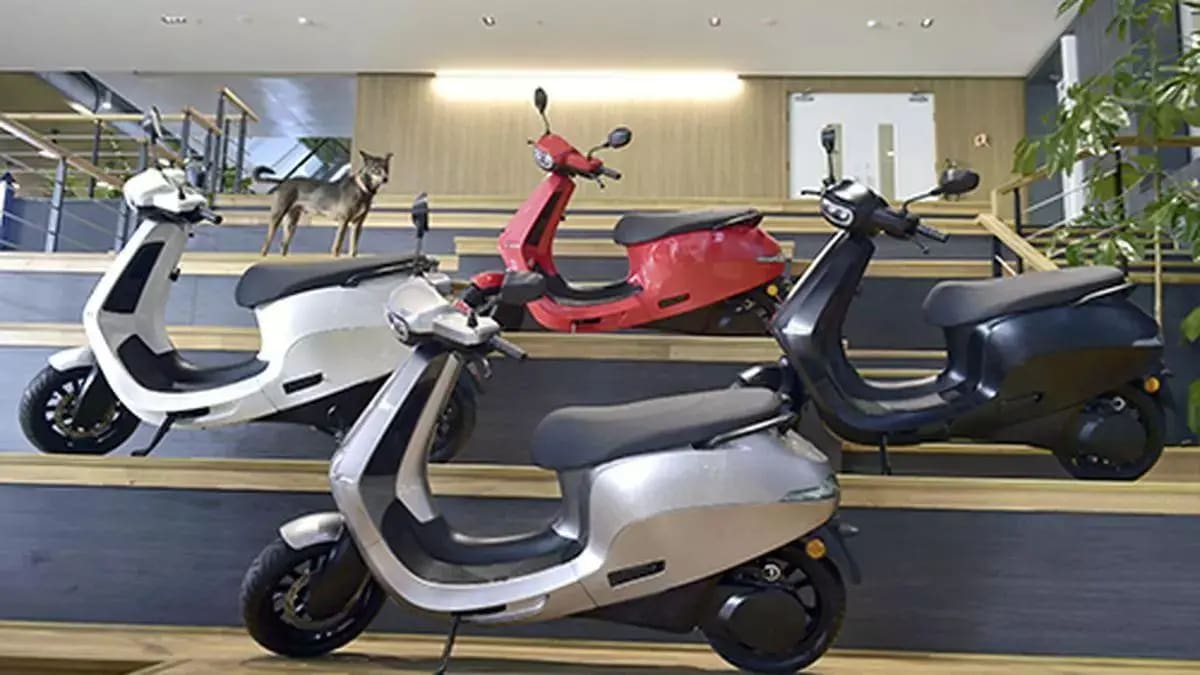
Several interlinked factors have shaped India’s EV success story:
- Policy Incentives – Central schemes like FAME II, production-linked incentives (PLI), and reduced GST rates.
- Lower Operating Costs – EVs cost significantly less to run compared to petrol or diesel vehicles.
- Rising Environmental Consciousness – Consumers are increasingly mindful of emissions and climate change.
- Technology Advancements – Improved battery technology and faster charging options enhance reliability.
- Urban Mobility Shift – Tier-1 and Tier-2 cities are witnessing strong demand for affordable EVs.
Segment-Wise EV Performance
Electric Two-Wheelers
- Account for the largest share of EV sales.
- Registered 21% growth in FY25.
- Favored by young professionals and delivery service providers due to affordability and efficiency.
Electric Three-Wheelers
- The fastest-growing category with 57% growth.
- Widely adopted for last-mile connectivity and urban logistics.
- Strong support from state-level subsidies and fleet operators.
Passenger and Commercial EVs
- Growing steadily, though at a slower pace compared to two- and three-wheelers.
- Adoption expected to accelerate with the rollout of nationwide charging corridors.
Government’s Role in Accelerating EV Adoption
The government has been instrumental in shaping this transformation.
- FAME II Subsidies – Direct financial incentives for buyers of two-wheelers, three-wheelers, and buses.
- Production-Linked Incentives (PLI) – Boosts domestic EV and battery manufacturing.
- Tax Benefits – GST on EVs reduced to 5%, making them more affordable.
- State-Level Support – Policies by Delhi, Maharashtra, Tamil Nadu, and others offer additional subsidies.
- Charging Network Expansion – Plans to establish charging stations across highways and cities.
A Dual Transformation for the Auto Industry
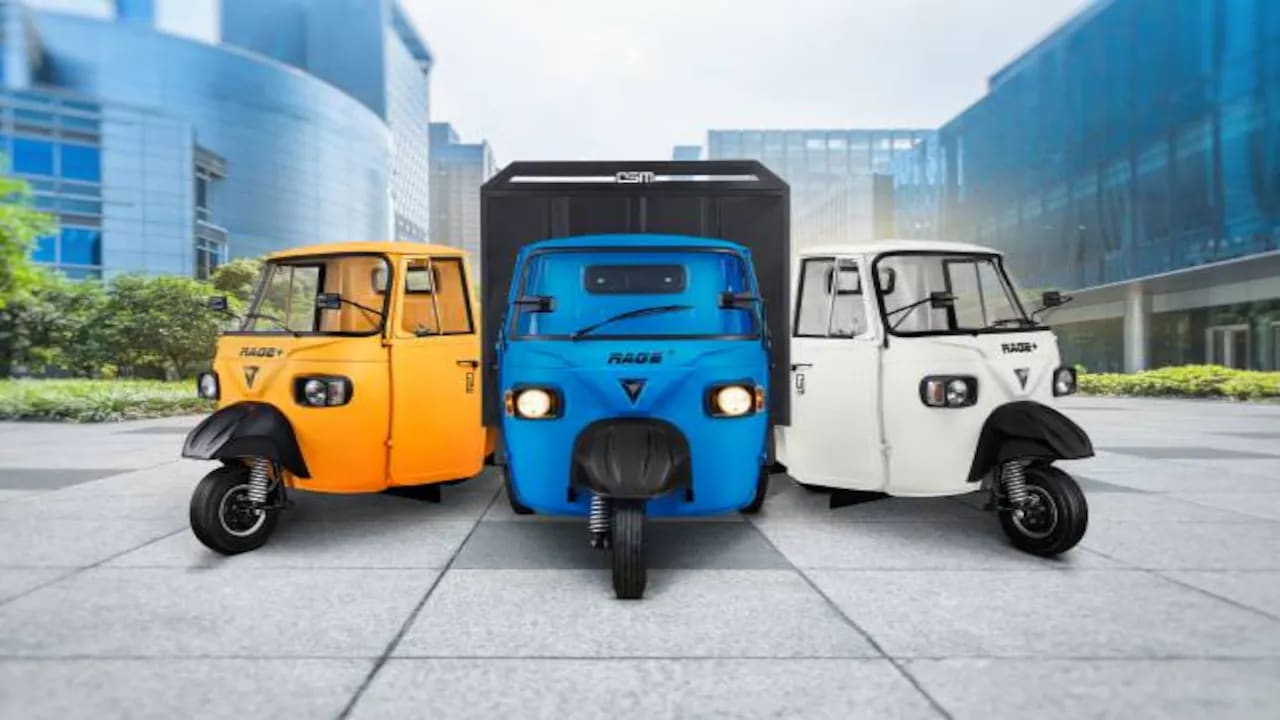
Minister Kumaraswamy highlighted that the Indian auto industry is undergoing a twofold transformation:
- From ICE to EVs – The shift to sustainable, emission-free mobility.
- From Local to Global – Indian automakers are not only meeting domestic demand but also building global competitiveness through exports.
Challenges on the Road Ahead
While growth is impressive, certain barriers need to be addressed for wider adoption:
- Insufficient Charging Infrastructure in rural and semi-urban areas.
- High Upfront Costs despite subsidies, particularly in passenger EVs.
- Battery Recycling and Supply Chains, which require sustainable solutions.
- Consumer Awareness, especially in smaller towns, to build confidence in EV technology.
What This Means for Consumers
For Indian buyers, the milestone translates into:
- Greater Choice – Expanding EV options across all categories.
- Improved Infrastructure – Faster rollout of public charging networks.
- Better Affordability – Price reductions driven by subsidies, tax benefits, and local manufacturing.
- Sustainability – Opportunity to contribute to a greener, low-carbon future.
Conclusion
Crossing one million EV sales in FY25 marks a defining chapter in India’s clean mobility journey. It reflects the success of government initiatives, industry innovation, and consumer willingness to adopt greener alternatives.
As infrastructure expands and technology evolves, India is well-positioned not just to be a large EV market, but also to emerge as a global leader in sustainable mobility.
Mehul Jain
EV Specialist & Clean Mobility Advocate. Mehul Jain is an expert in India’s evolving electric vehicle ecosystem, with a focus on EVs, charging infrastructure, and sustainable mobility. His articles cover everything from government subsidies to range insights, helping readers navigate the shift to cleaner transportation.
_1770886465.webp)
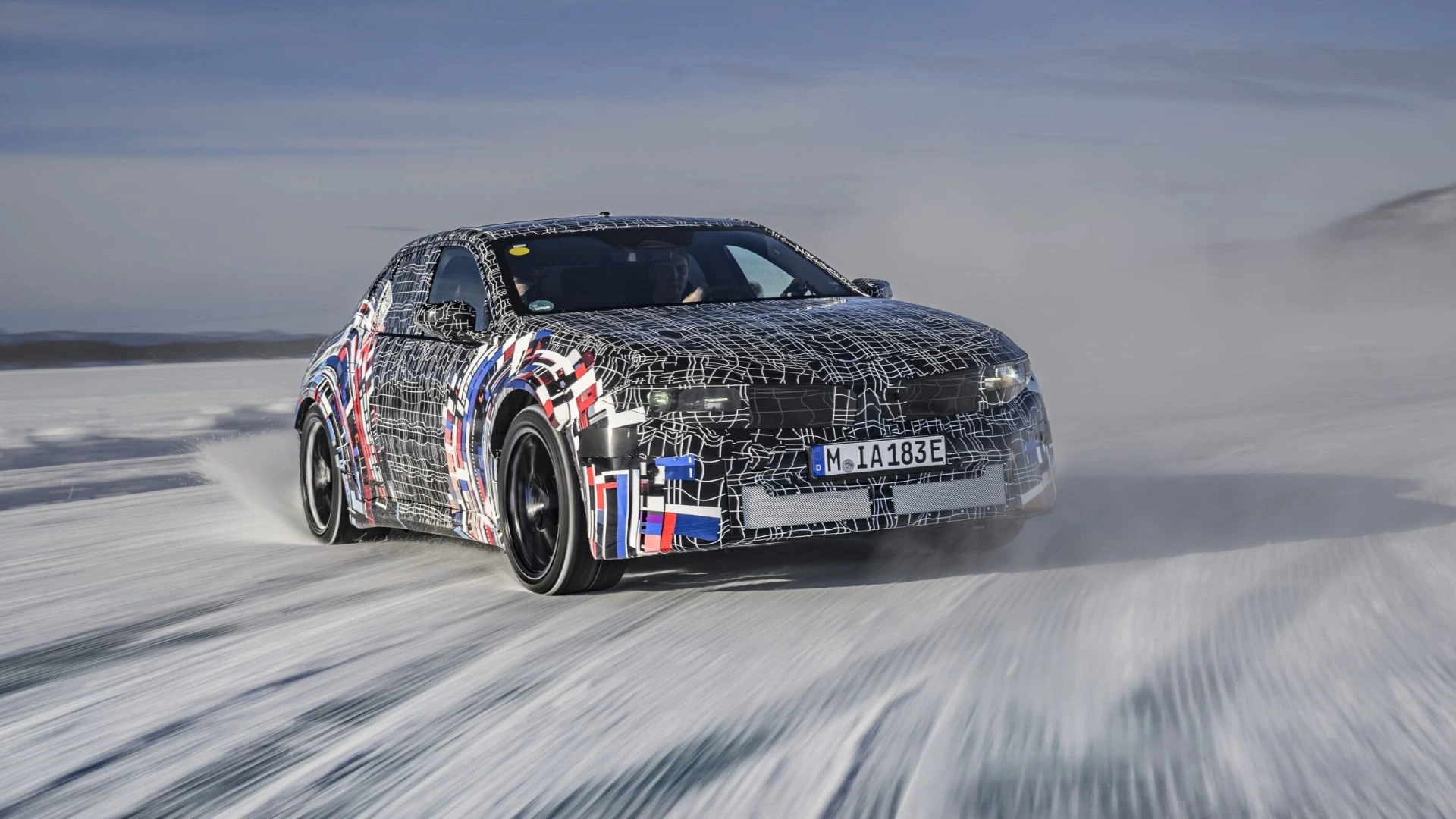
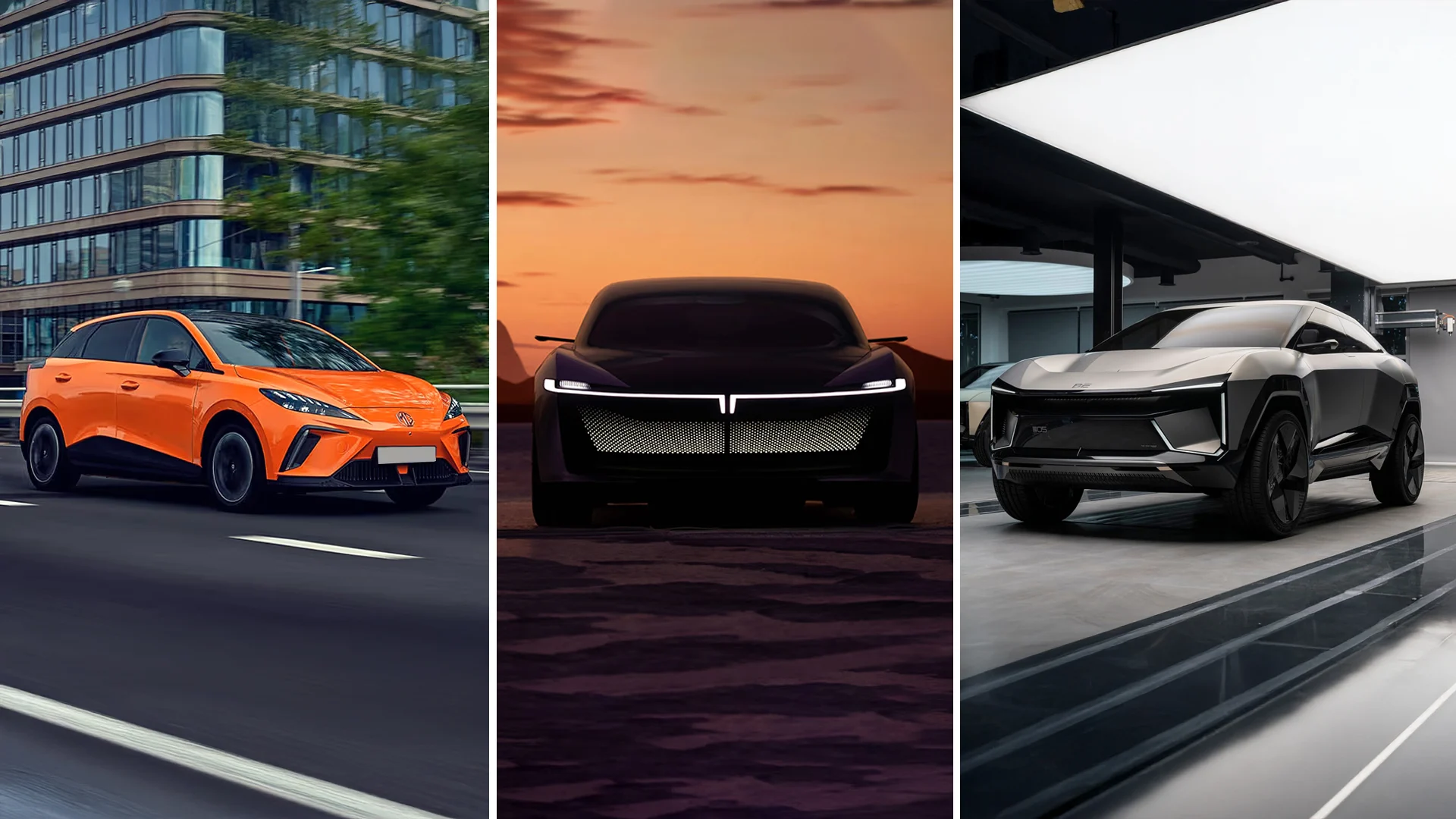
_1716799620.webp)

